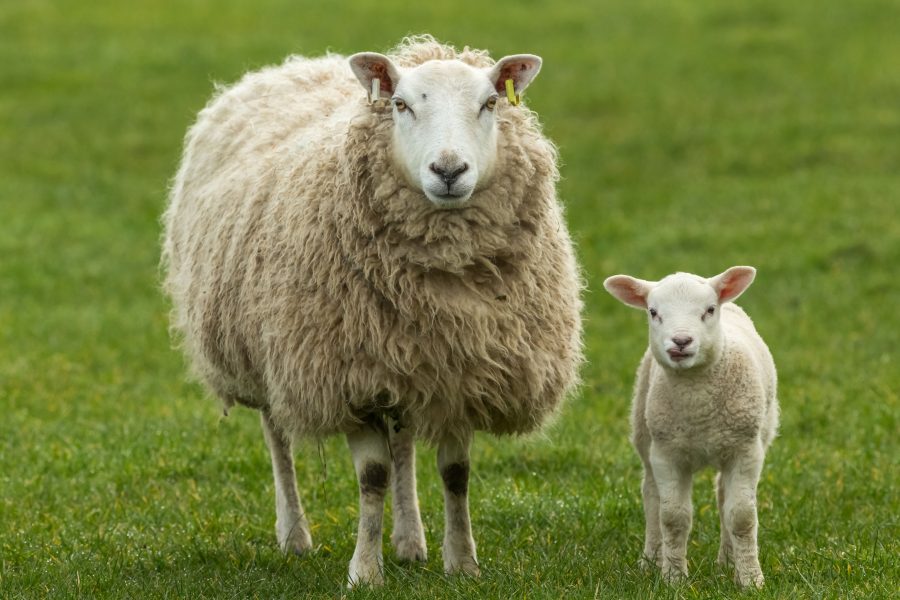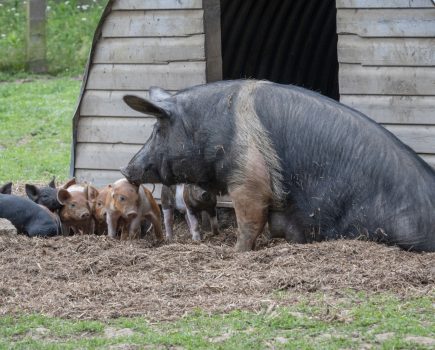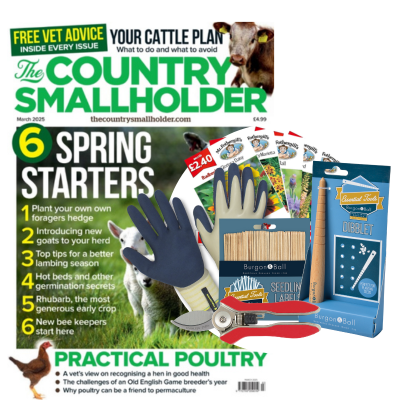Although, as forecast, cases of disease due to liver fluke have remained relatively low so far this winter, there are reports of both acute and chronic disease in some areas of the UK. This means livestock farmers must not drop their guard, warn experts in the Sustainable Control of Parasites in Sheep (SCOPS) and Control of Cattle Parasites Sustainably (COWS) groups.
Philip Skuce of Moredun sits on both groups. He says: “Testing is critical to make sure farmers don’t treat too soon, or unnecessarily, or get caught out and miss a vital treatment. The cold snap in December will not have killed off all the liver fluke on pasture, so animals could still be picking up infection that could go on to cause disease. Livestock farmers must continue to test if they are to ensure any treatment is both necessary and given at the right time and with the most appropriate product.” Now is a good time for housed cattle to be tested for fluke, using a composite dung test to check for fluke eggs. If cattle are positive, choosing a treatment that targets adult fluke and avoiding products containing triclabendazole, will reduce resistance selection pressures on the parasite. Reducing eggs going onto pasture in the spring can help reduce challenge this coming autumn.
Remember:
- Ewe lambs or retained store lambs can still be blood tested to monitor liver fluke infection.
- A negative test does not mean you can sit back and relax. Retest every 3-4 weeks.
- Investigating unexpected deaths via a post-mortem remains a key means of establishing whether or not liver fluke is present in the flock/herd.
- If you have already treated for liver fluke but the animals remained at grass, they are at risk of reinfection. Make sure you test using faecal samples.
- Now is a good time to test housed beef cattle (once they have been inside for 10-12 weeks), before they go back out onto pasture. Check for eggs in dung or use a coproantigen test.
- Faecal testing for liver fluke eggs only detects the presence of adult fluke, not immatures, so you may need to re-sample.
- Abattoir feedback is a really valuable source of information with regard to liver fluke infection.
- Talk to your vet or adviser to discuss whether any treatment is necessary and which product (active) to use.
More information for cattle at www.cattleparasites.org.uk and for sheep at www.scops.org.uk
More news like this can be found in The Country Smallholder magazine. Subscribe here.
For FREE updates from the world of smallholding, sign up for The Country Smallholder newsletter here.








